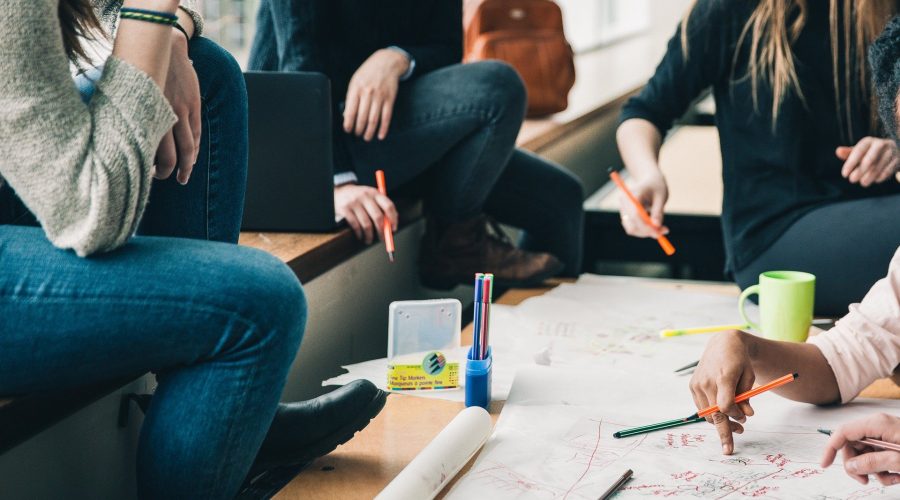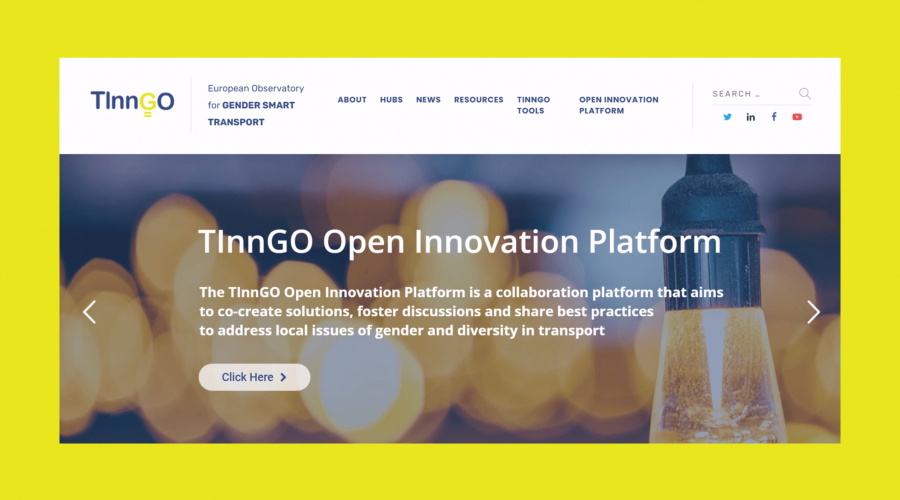Racial relations and the struggle for equality have been getting the media’s attention around the world, as movements such as Black Lives Matter are highlighting how police brutality and other forms of institutional racism affects people of colour’s health, safety and opportunities. The relations between public space and transport for the BAME population are concerns for TInnGO. Recently, we posted a discussion on active transportation, cycling and race/ethnicity. With a second wave on the rise and lockdown rules being enforced, there is also the looming rise of racism that needs to be included in policies and preventive actions by authorities.
Times of crisis, such as the current pandemic, not only enhances and exposes ingrained social inequalities, but can hinder the efforts and governance to address such issues, as the UN shows. Public authorities’ shifting focus towards economic stability can undermine human rights discourse, current and future policies for social welfare. TInnGO is investigating how public life, mobility justice and visibility is affecting minorities during the pandemic. The results, which will be included in a future paper, also discuss how ethical approaches from public bodies can assist with ongoing policies and link social advances to economic growth. The racial (negative) effects of the pandemic are not only due to racist attacks, physical and verbal, but are also present in the deaths recorded in the UK and the vulnerability to COVID-19 of the BAME community. Women and BAME comprise most of NHS’s frontline staff, such as nurses and health visitors, and more likely to be employed in less senior roles and lower paid jobs. For instance, in 2019, NHS’s report of Workforce Race Equality Standard showed only 3.5% BAME chief nurses. BAME and female staff in the pandemic’s frontline are less remunerated and in less senior roles, being among the highest casualties so far. Lower paid jobs are also increase staff’s need to use public transport, increasing their vulnerability to infection. This showcases a clear intersectional problem of race and class, where access to services and one’s job is limited by transport availability, in already vulnerable groups. The psychological effects of stress and work pressure for frontline staff during the pandemic is also a factor that influences their health and immunity. With domestic violence also on the rise, the importance of gender equality in public and private spaces is pressing, as the pandemic exacerbates gendered, racial and ableist inequalities.
We selected a few papers on the topic, for further information, as well as media articles:
COVID, BAME and psycho-social factors, childhood stress and trauma: https://doi.org/10.1177%2F2516103220959814
COVID policies and negative effects for people of colour, migrants and lower classes: https://www.thelancet.com/journals/lancet/article/PIIS0140-6736(20)30792-3/fulltext
COVID and the rise of racism: https://www.bmj.com/content/369/bmj.m1384.full
COVID, racism and vulnerability of Chinese women: https://doi.org/10.1111/gwao.12523
Media news:
“Man kicks girl, 16, on bus after shouting at her for not wearing mask”: https://metro.co.uk/2020/10/05/man-kicks-girl-16-on-bus-after-shouting-at-her-for-not-wearing-mask-13372363/
“Structural racism led to worse Covid impact on BAME groups –report” https://www.theguardian.com/world/2020/oct/27/structural-racism-led-to-worse-covid-impact-on-bame-groups-report
“Coronavirus has allowed racism to ‘thrive’, Bradford figure argues”





